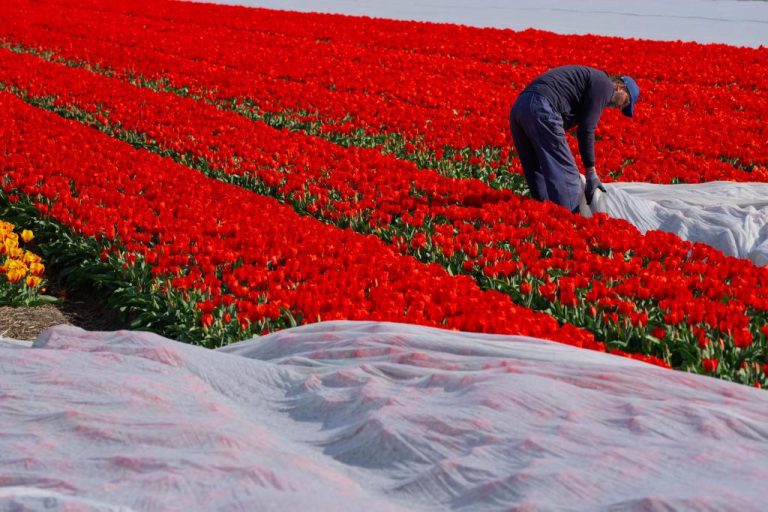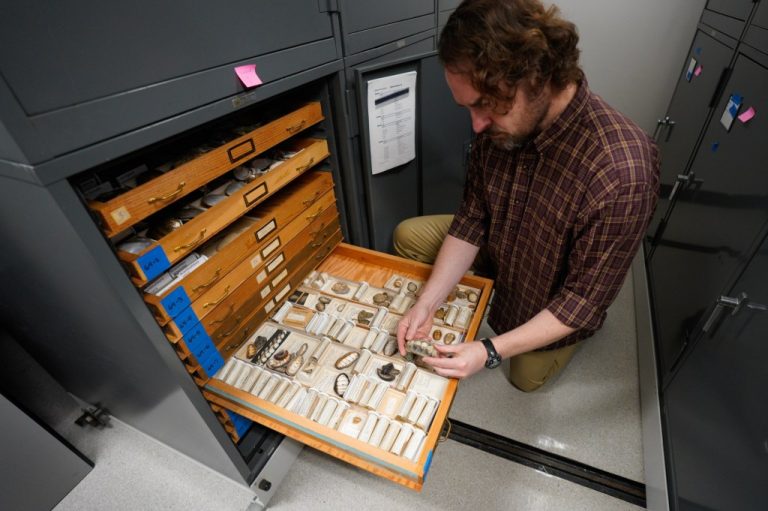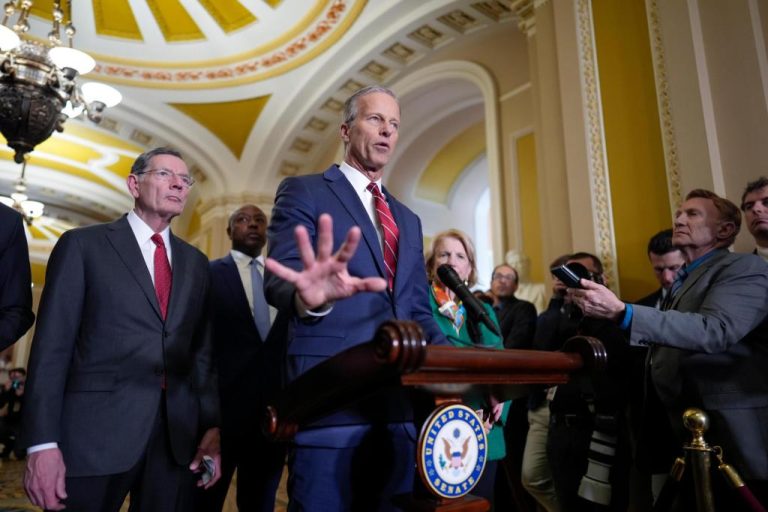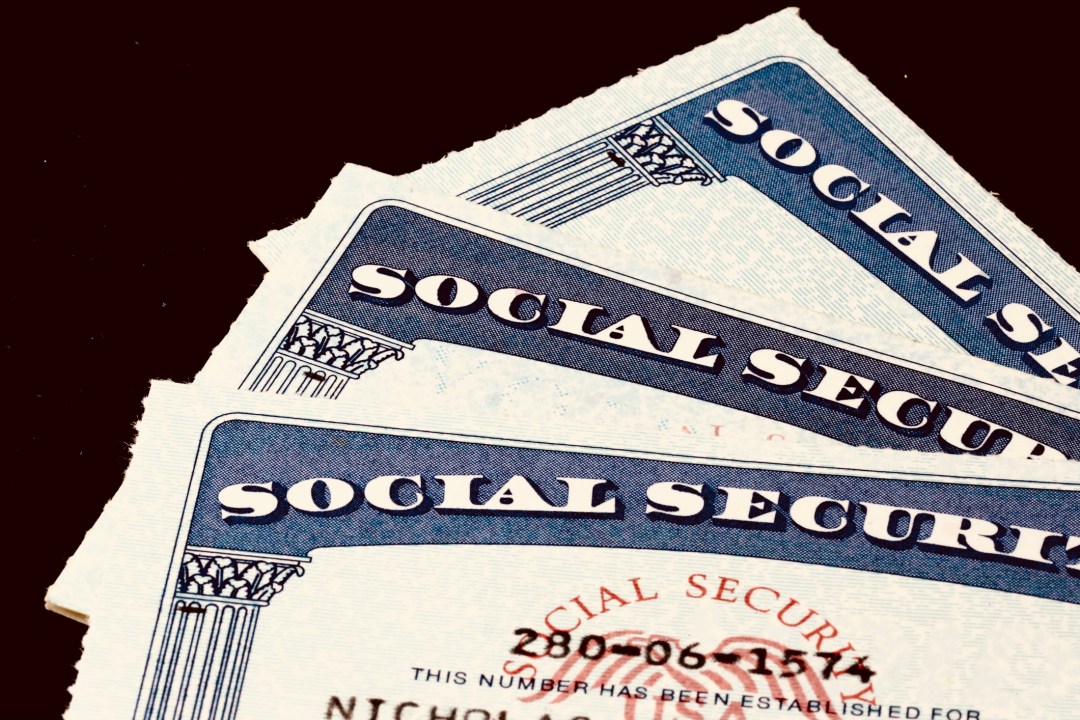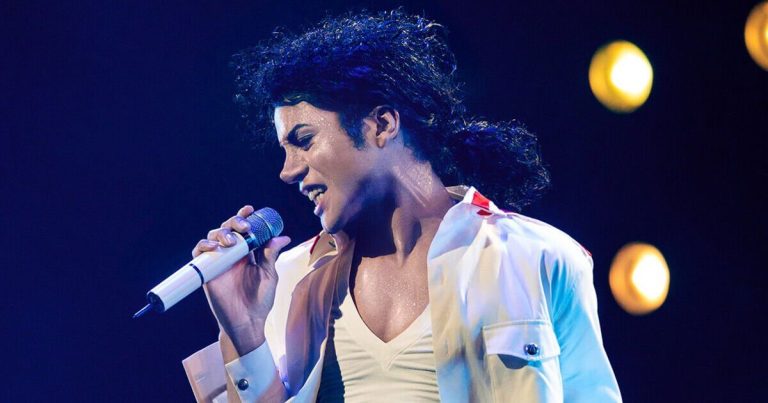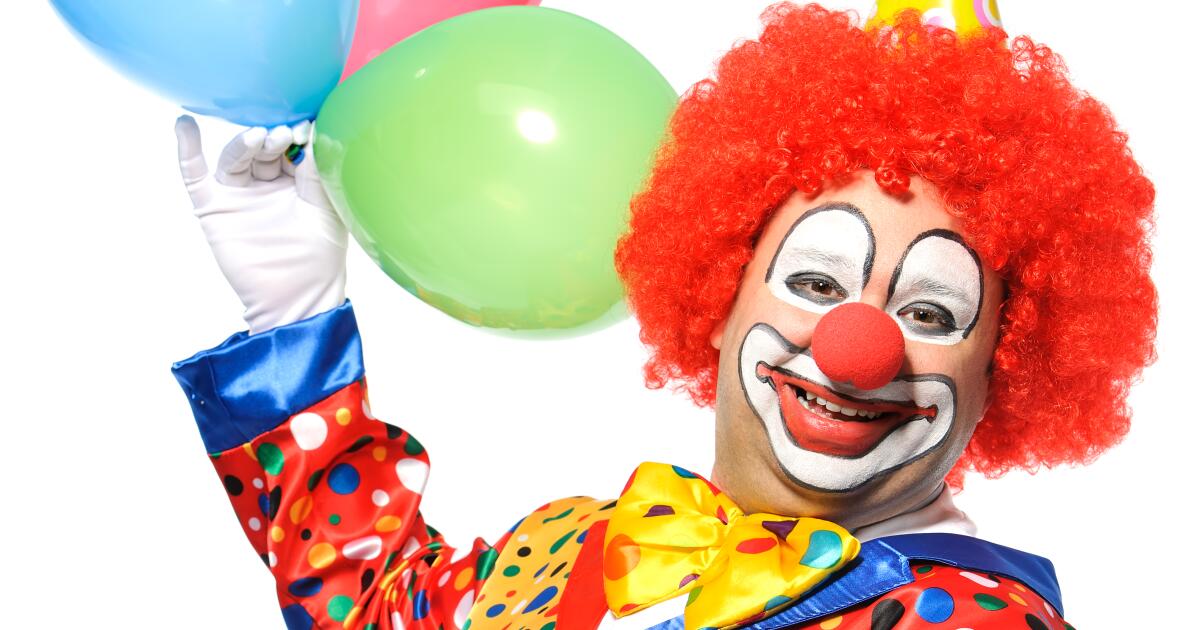
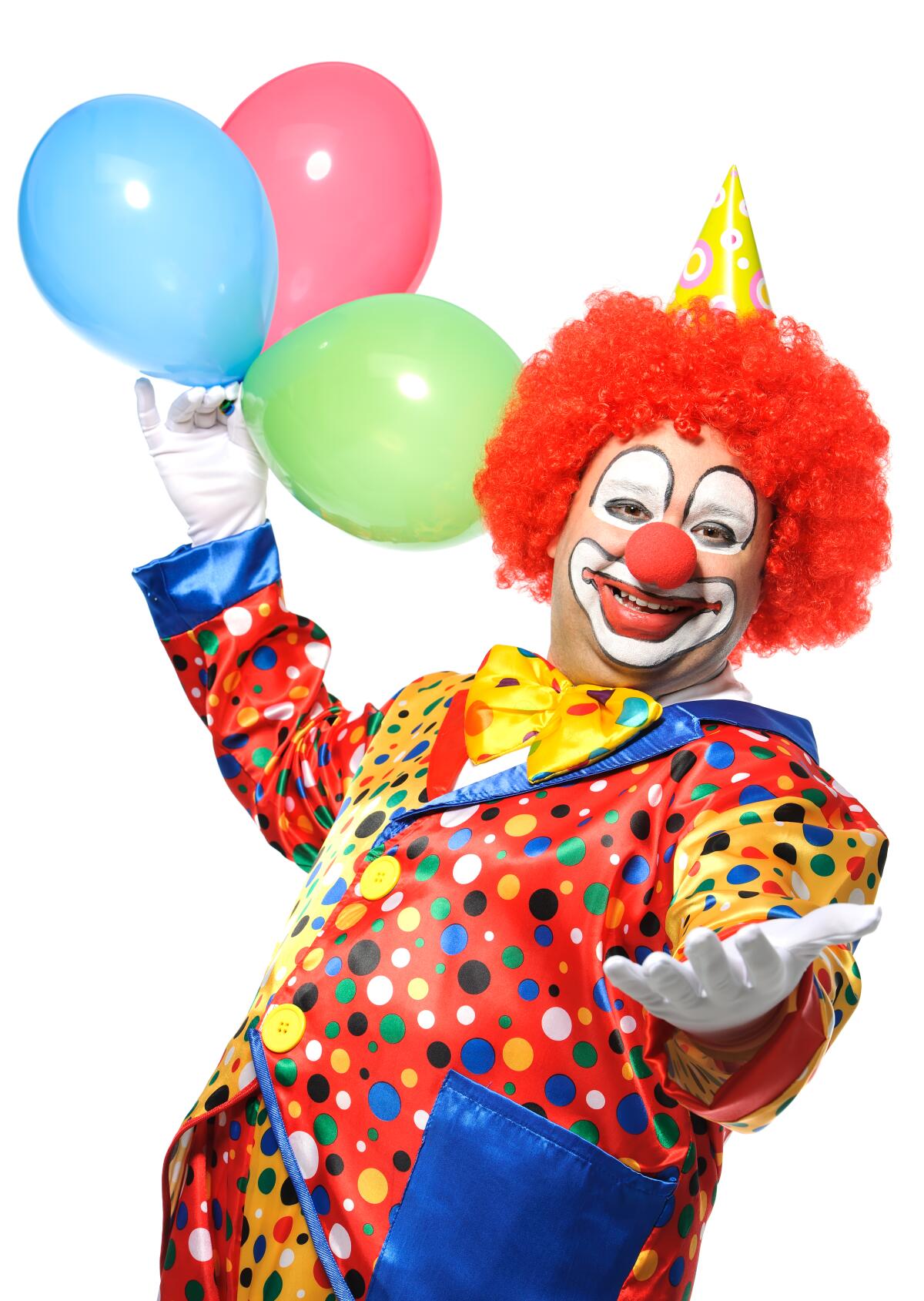
Coulrophobia is the fear of clowns. You know, those face-painted fellows whose primary job is to spread happiness and joy. Outside of a Stephen King novel, why should clowns inspire fear?
A new study in Frontiers in Psychology suggests an answer. University of South Wales researchers surveyed 528 people who expressed a fear of clowns or the act of clowning. A key commonality was a perceived inability of the clown to clearly communicate their intentions.
Apparently, all of that grease paint can mask their mirth, leaving some people apprehensive.
“There’s something about not being able to read facial expressions,” lead author and psychology professor Philip John Tyson told The Washington Post. “And the fact that there might be something hidden and dangerous, there might be harmful intent behind the makeup.”
Moreover, the white paint and garish red mouth may suggest contagious disease, and the clowns’ unpredictability can be discombobulating. Only in a few cases did study respondents cite a first-hand negative experience with an actual clown.
Of course, no one said they ventured into sewers either, which would be Pennywise and found-foolish.

